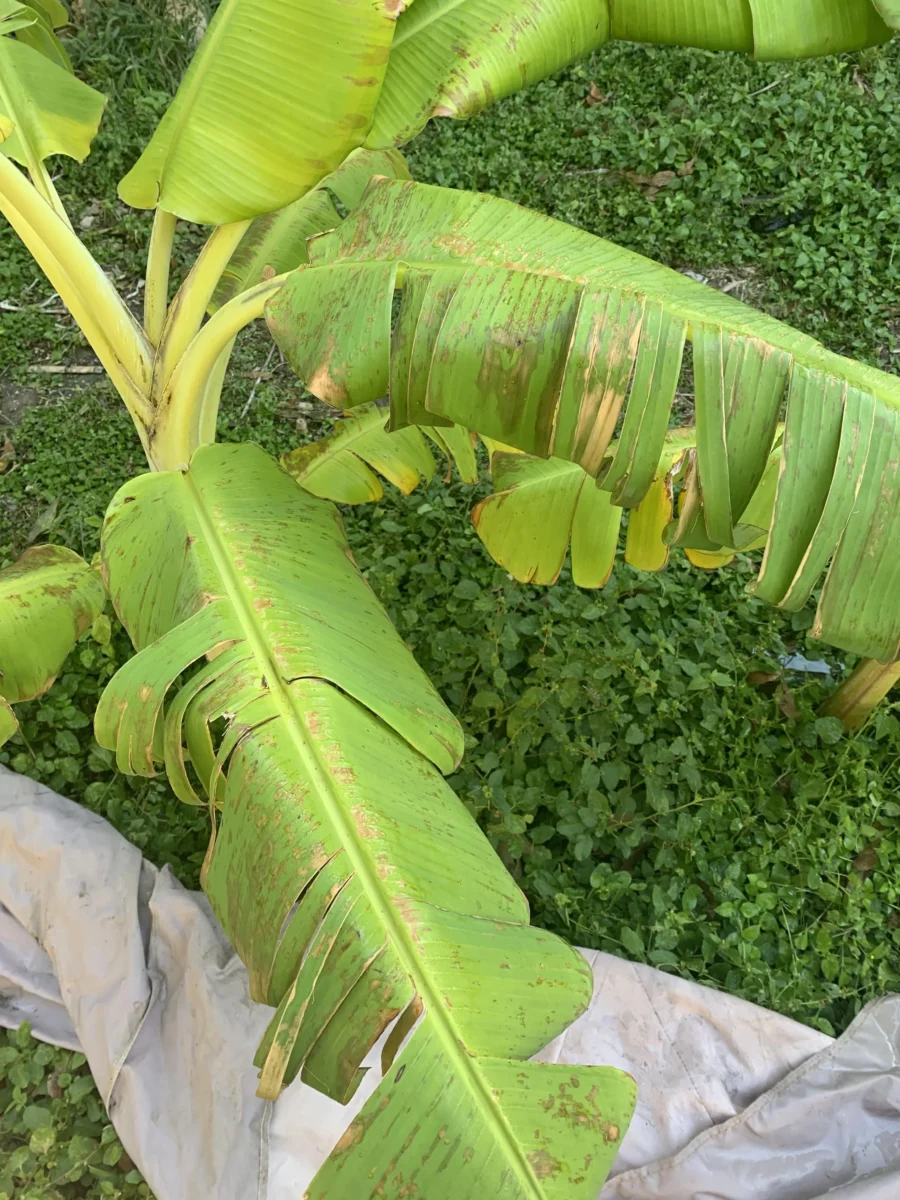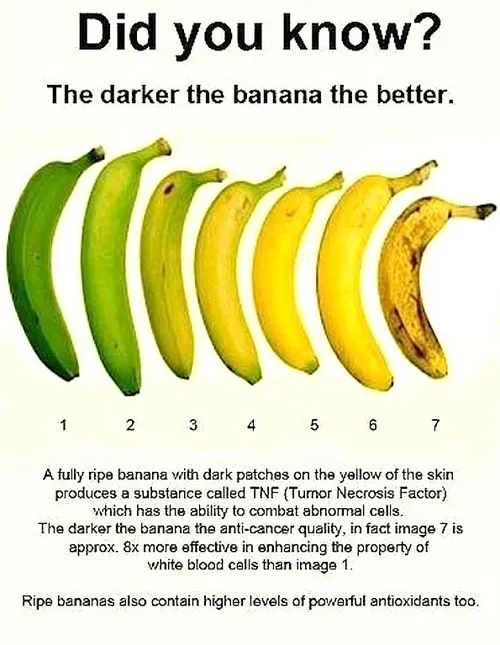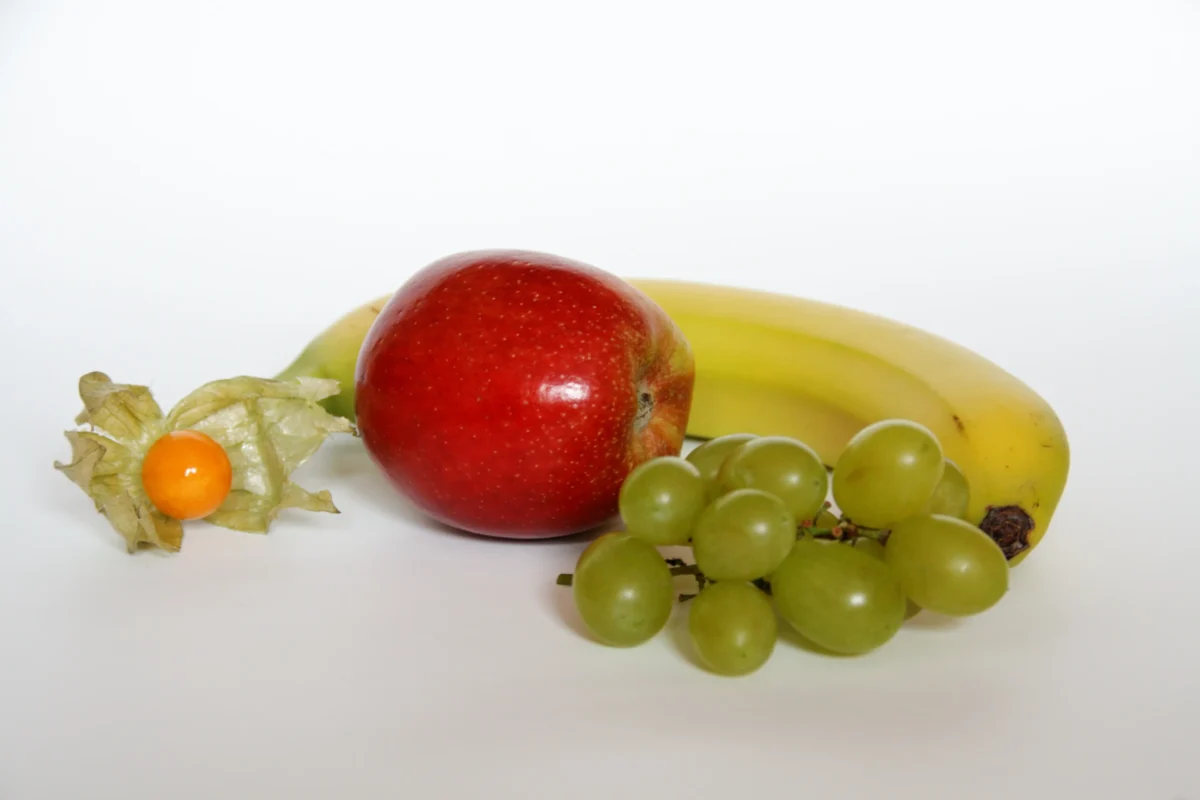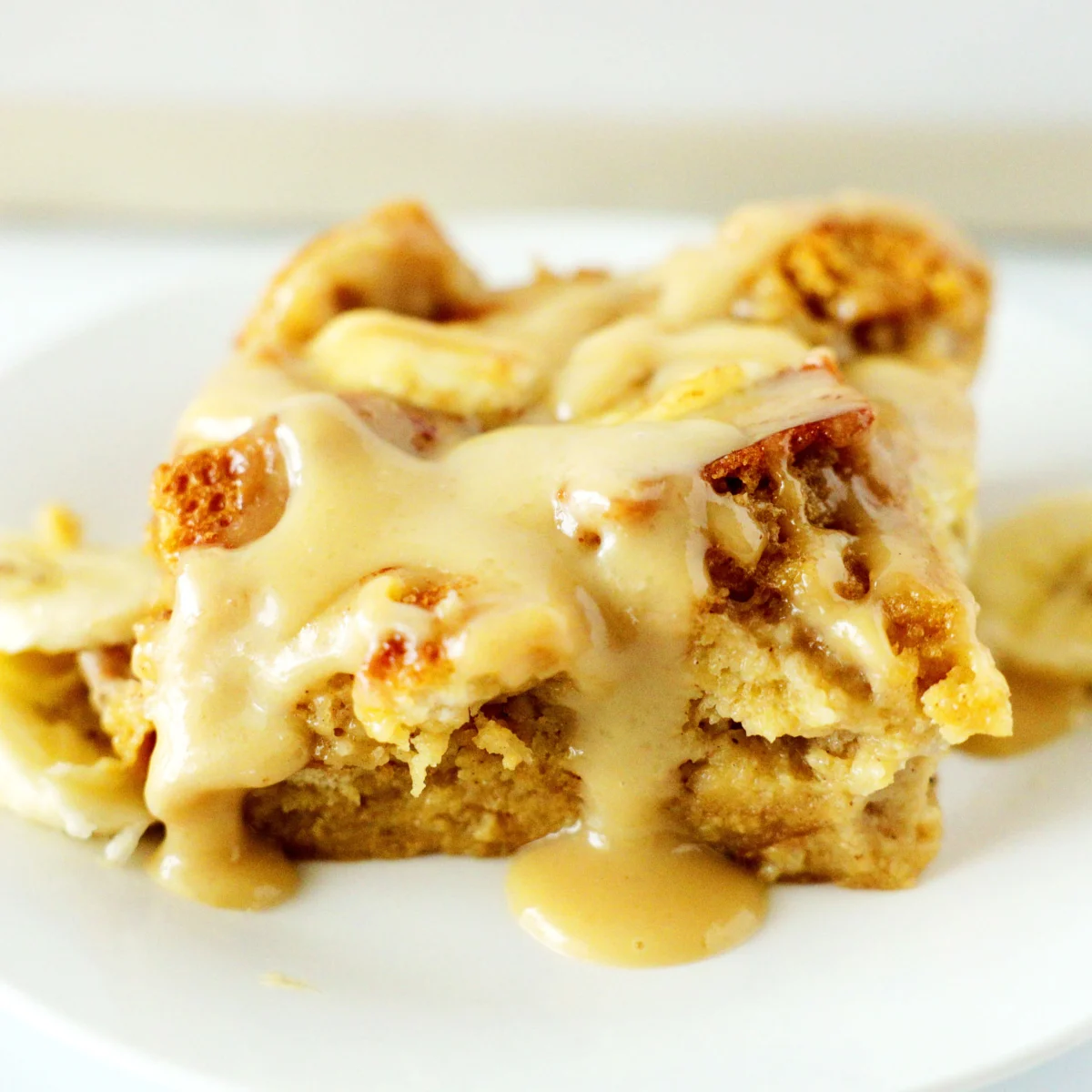Bananas are a popular and nutritious fruit enjoyed by many; however, there is a common myth that consuming bananas can lead to catching a cold. In this article, we’ll dive into the truth behind this myth and explain why bananas do not cause colds. We’ll also explore the different types of bananas and their unique nutritional value, along with creative recipes to incorporate this versatile fruit into your diet. So if you’re curious about the truth behind the banana-cold myth and looking to learn more about bananas, keep reading!
An introduction to the common myth about bananas causing colds.
For years, there has been a common myth that bananas can cause colds. However, this is simply not true. Bananas are a highly nutritious fruit that can actually boost your immune system and help prevent colds and other illnesses.
The misconception likely stems from the fact that bananas contain histamine, which some people believe can trigger allergy-like symptoms such as sneezing or runny nose. However, it’s important to note that histamine in food does not cause allergies – it’s actually a natural chemical produced by the body as part of its immune response.

In fact, bananas are rich in vitamin C and other antioxidants that help strengthen your immune system and protect against infections. They also contain prebiotics, which support the growth of healthy gut bacteria – another key component of overall health and immunity.
So if you’re worried about catching a cold or want to boost your immune system naturally, don’t be afraid to include bananas in your diet. They may not be able to cure a cold once you have one, but they can certainly help prevent it in the first place!
Explanation of why bananas do not cause colds.
Bananas have long been accused of causing colds, but this is a common misconception. In fact, bananas are not only a healthy and nutritious fruit, but they also have no direct correlation with the onset of cold symptoms.
Many people believe that bananas cause colds because they contain high levels of potassium, which is thought to suppress the immune system. However, this is simply not true. While potassium can affect certain aspects of immune function in isolated cases, it does not directly cause colds or other illnesses.
In addition to their nutritional benefits, bananas actually contain compounds that may help prevent illness. They are rich in vitamin C and antioxidants which can boost the immune system and reduce inflammation in the body.
So next time you reach for a banana as a snack or ingredient in your meal, rest assured that it will not put you at risk for catching a cold. Instead, enjoy all the benefits this versatile fruit has to offer without any guilt or fear of getting sick!
The different types of bananas and their nutritional values.
Did you know that there are over 1,000 different types of bananas? While the most commonly found in grocery stores are the Cavendish and the plantain, there are many other varieties with unique flavors and nutritional benefits.
For example, the Manzano banana is smaller and sweeter than a traditional banana, with a hint of apple flavor. It’s also higher in vitamin C and potassium. The Red banana has a creamy texture and raspberry-like flavor, while also being rich in beta-carotene. And then there’s the Blue Java banana, often called “ice cream” bananas due to their vanilla-like taste and creamy texture.
But no matter which type of banana you choose to snack on, you’ll be getting plenty of nutritional benefits. Bananas are an excellent source of fiber, vitamin C, vitamin B6, potassium, and manganese. They’ve also been shown to help regulate digestion and support heart health.
So next time you’re at the grocery store or farmer’s market looking for some bananas to add to your smoothie or dessert recipe – consider trying out a new variety for some added flavor (and nutrition!).
Recipe and creative ways to incorporate bananas into your diet.

Bananas are not only a delicious and versatile fruit, but they are also packed with essential nutrients that can benefit your health. From breakfast to dessert, there are endless ways to incorporate bananas into your diet.
Starting your day with a banana smoothie is a great way to kickstart your metabolism and keep you full until lunchtime. Simply blend together one ripe banana, a handful of spinach, some almond milk, and a scoop of protein powder for an energizing breakfast.
For lunch, try making a grilled chicken and banana wrap. Spread some hummus on a whole wheat tortilla, add sliced grilled chicken breast, lettuce leaves, sliced avocado and diced bananas for an easy yet satisfying meal.
Banana bread is always a crowd-pleaser for dessert or as an afternoon snack. By swapping out traditional white flour for almond flour or oat flour you can make it even healthier than the typical recipe. Add in some dark chocolate chips or walnuts for extra flavor.
If you’re feeling adventurous in the kitchen try making fried bananas as an indulgent treat! Cut ripe bananas into slices then dip them in egg wash before coating them in breadcrumbs mixed with cinnamon sugar. Fry them up until crispy on the outside and serve warm with vanilla ice cream.
Incorporating bananas into your diet is not only tasty but also beneficial for your health. They contain potassium which helps regulate blood pressure and fiber which aids digestion. So next time you’re at the grocery store grab some ripe bananas and get creative in the kitchen!

Conclusion and myth-busting summary.
« The Ultimate Guide to Safely Cutting Bananas for Your Baby’s First Food
How to Make Delicious Banana Bread with Honey: Step-by-Step Recipe and Expert Tips »
In conclusion, bananas are a fascinating and versatile fruit that have been enjoyed by humans for millennia. Despite common misconceptions, bananas are not just for monkeys or athletes – they can be a healthy and tasty addition to anyone’s diet.
To recap, some of the myths about bananas that we’ve busted include:
– Bananas are not just high in sugar; they also contain important nutrients like potassium, fiber, and vitamin C.
– Brown spots on bananas don’t necessarily mean they’re spoiled; in fact, overripe bananas can be great for baking or smoothies.
– Bananas don’t actually grow on trees – they’re technically herbs!
– Eating too many bananas won’t make you gain weight unless you’re consuming more calories overall than your body needs.
By dispelling these myths and sharing accurate information about bananas, we hope to encourage more people to enjoy this delicious fruit as part of a healthy lifestyle. Whether you prefer them fresh or frozen, sliced or mashed, there’s no denying the versatility of the humble banana.
Check out our other articles to find out even more about banana.
Despite the common myth, bananas simply cannot cause colds. In fact, they are an incredibly healthy food that can transform the way you approach meals and snacks. Whether you’re looking for a convenient snack to fuel your body on the go or colorful ways to decorate your plates with nutritious ingredients – bananas will be there! So if you want to learn even more about this exotic fruit, be sure to check out our other articles here at XYZ website!











